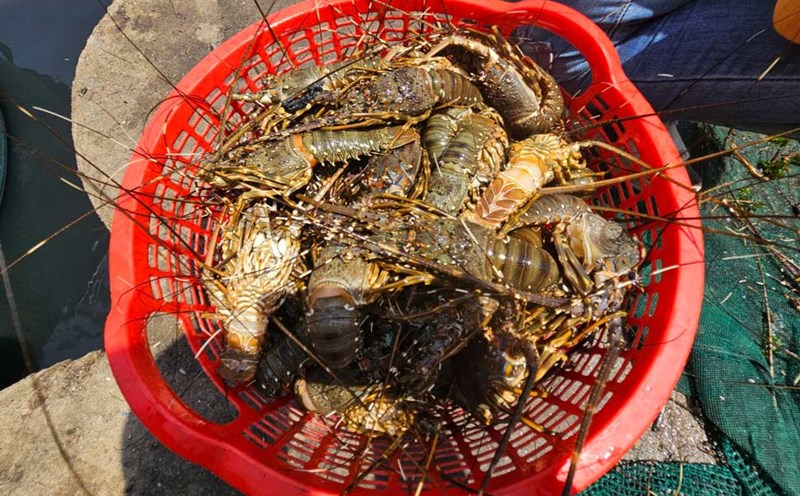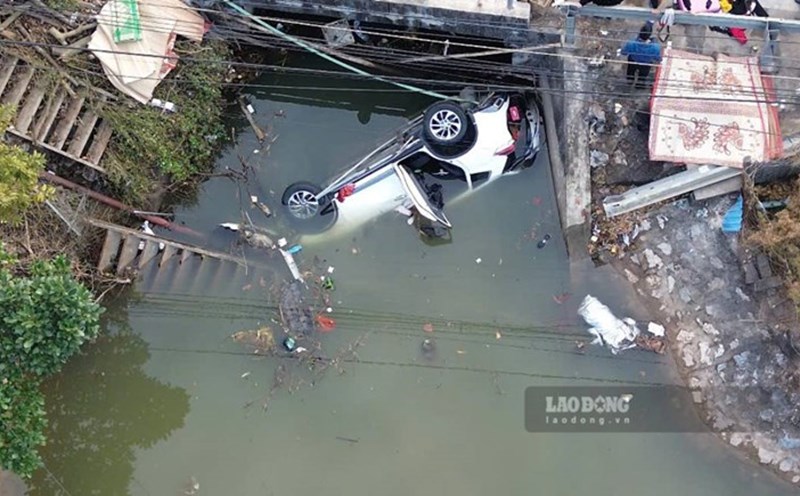On November 17, the People's Committee of Khanh Hoa province announced that it had just issued a document directing the prevention of smuggling, trading, and illegal transportation of lobster seeds.
The above inspection is a correct policy because for many years, the main market for lobster consumption has been China. Especially when in recent years, China suddenly stopped importing lobsters due to amending the law on wildlife protection, including banning the trade of wild lobsters.
Your side introduced a surprising policy that made lobster farmers passive. Immediately, the price of lobsters in the market dropped dramatically.
Currently, the Department of Agriculture and Rural Development of Khanh Hoa province has taken the lead in synthesizing information related to the inspection of illegally transported lobster seeds mentioned above, and any difficulties or problems in state management.
Currently, the situation of smuggling and illegal transportation of lobster seeds from foreign countries into Vietnam by road, air, river and sea has been very common and complicated, leading to the risk of infection with pathogens.
Unclear origin of shrimp seeds will pose risks, causing great financial losses for shrimp buyers, seriously affecting the development of the lobster farming industry, violating laws on veterinary quarantine and tariffs.
Regarding this situation, the Ministry of Agriculture and Rural Development requests the People's Committees of provinces and centrally-run cities to direct local departments, branches, sectors and authorities at all levels to strengthen inspection, supervision and control at airports, border gates, trails, border openings, rivers, sea routes... to promptly detect and strictly handle cases of illegal trading, smuggling and transportation of lobster seeds into Vietnam.
Direct the police force, border guards, and local Steering Committee 389 to establish a special project to combat subjects smuggling and illegally transporting lobster seeds into Vietnam; at the same time, coordinate with local authorities and relevant professional agencies to strengthen inspection of quarantine facilities and shrimp farming facilities to promptly detect, arrest, and strictly handle cases of smuggling, trading, and illegal transportation of lobster seeds.
Direct local press agencies to strengthen communication on the risks of dangerous diseases from abroad, poor quality lobsters due to smuggling, illegal transportation and aiding and abetting the consumption of smuggled lobster seeds.











